Ita O’Brien has been working in the theatre, TV and film industry for almost 40 years – first as a dancer and actor before training as a movement director. However, it is her role as an intimacy coordinator that has seen her feted by actors and pushed to the forefront of a global conversation following the birth of the #MeToo movement five years ago this month.
She is one of the most positive consequences in Hollywood of the downfall of disgraced producer Harvey Weinstein in October 2017, since sentenced to 23 years in jail for his sex crimes against women in the industry.
With the formation of the Time’s Up organisation in response to #MeToo in January 2018, productions started realising more formal processes were needed to protect both crew members and performers in the workplace.
O’Brien – herself invited to join the Time’s Up UK women’s committee during its first month – seemed the perfect answer: her previously self-developed intimacy rehearsal protocols for sex scenes had already been warmly received by both Mountview drama school in 2015, and actors’ union Equity and the Personal Managers’ Association (the UK’s leading professional body for talent agencies and actors’ usual sole advocates) in the first half of 2017.
And all before any hint of Weinstein’s misconduct openly surfaced.
From Sex Education to It’s a Sin, and Normal People to I May Destroy You, most of the sex scenes that have caught viewers’ imaginations and fired up conversations on social media in recent years have been O’Brien’s work.
While an intimacy coordinator’s role is reasonably self-explanatory as both an advocate for the actors and an aid in realising the director’s vision for any intimate content in a safe but creatively satisfying way (see credits above), there are also a fair few misconceptions floating around.
‘We are not sex experts. We are not sex therapists or couples’ therapists, that is what we are not!’ O’Brien tells Metro.co.uk, laughing at the misapprehensions people often have.
‘What we are experts at is supporting the actor-director process. And we’re experts in choreography, body knowledge and anatomy, and in supporting that choreography telling the right character story. I am not an expert in sexual content at all – that’s what I will research. I’ve got my books. When I did Gentleman Jack, I had to go and research. When I did It’s a Sin, I talked to people from that community, as any actor would with any subjects that they’re asked to do.’
In O’Brien’s eyes, the intimacy coordinator fulfills a role on set that is as vital as that of a stunt coordinator or choreographer – both experts in certain types of movement, and neither saddled with the assumption that they are purely there as some sort of overzealous health and safety monitor.
She points out that people recognise those roles are there to make ‘exciting’ content, and it’s exactly the same for an intimacy coordinator, who also bears in mind an actor’s personal requirements and follows ‘a professional process’. A director also wouldn’t assume they could film a fight or dance scene without an expert on hand.
‘But the idea [with intimate content had been] we’re all sexual beings, so do we need a practitioner?’ adds O’Brien.
As a movement specialist since 2007, O’Brien had the right mindset to understand how the role of an intimacy coordinator was both sorely needed and where it could be slotted into the creative process of a production.
She had also recognised the dangers of continuing to ignore the vulnerability of actors and crew members expected to film and edit sex scenes without proper structure and guidance under the old adage of ‘just go for it’.
‘That was a statement that used to happen before Weinstein: If you’re an actor, that’s your job. You’re expected to be naked, you’re expected to perform sexual content. And if you’re a good actor, that’s what you’ll do.’
O’Brien is also very aware of the consequences of the pressures of an unguided intimate scene on its actors.
‘Asking them to explore any degree of simulated sexual content or degrees of their nakedness and degrees of touch, when it’s not done well, without agreement and consent, then injury can be physical – but it also can be emotional and psychological. And that injury actually has way more far-reaching effects than perhaps hurting an ankle.’
Taking it back to Me Too and Time’s Up, she adds: ‘And that’s the shift: while actors were speaking about how awkward intimate scenes were to do, the seriousness and the impact of that awkwardness actually being an injury wasn’t really taken into account. And that’s the difference with the women bravely speaking up about the Weinstein allegations. As Oprah Winfrey said at the Golden Globes that year, you are being listened to and heard. And then the industry was saying we cannot turn a blind eye any longer to predatory behaviour, we have to do better. And in that intention, then codes of conduct being drawn up – that was the difference, that was a turning point.’
As the UK’s first intimacy coordinator and one of the global leading experts, O’Brien is still taken aback at the ‘amazing coincidence’ of her developing her practice in her own work in the years before the industry’s watershed moment in 2017.
‘If you talk about your life being guided, all those different things that have brought me to this point, the fact that I happened to have been working on it, the fact that Meredith Dufton happened to ask me to come in and start teaching it [at Mountview] – all of those things just were put in place – and that I happened to have already shared the work [with agents] in June of 2017.’
O’Brien was accused by some of ‘jumping on a bandwagon’ with her work, who weren’t aware of the years of ongoing development.
‘That’s why I think what I was sharing had the impact, because it was underpinned by all of my years of a career,’ she explains, ahead of marking 40 years in the industry next year.
She labels Sex Education’s release as one of the first major breakthroughs with getting the role of intimacy coordinator more accepted and appreciated in its different facets – and more understood.
‘In 2019 when Sex Education came out, the world was seeing the honesty that could come from the intimate content. And the actors being able to talk about not just the exciting and ground-breaking intimate content, but how it was created. That was the beginning of the industry beginning to understand the positive, [and] that’s a win-win all around.’
Despite this, she does reveal that it has not been the easiest road to industry-wide acceptance, but she has been lucky enough to have had prominent support along the way.
Double Bafta TV award winner Michaela Coel dedicated her second gong for her ground-breaking show I May Destroy You at the 2021 ceremony – for her acting – to intimacy directors and gave a shoutout to O’Brien specifically. She thanked her intimacy coordinator ‘for making the space safe for creating physical, emotional and professional boundaries so that we can make work about exploitation, loss of respect and about abuse of power without being exploited or abused in the process’.
O’Brien was, understandably, very touched by Coel’s public callout, and acknowledges that it has ‘gone a long way in the industry’, for which she is ‘utterly grateful’.
However, she also reveals initial difficulties she faced with less invested producers and directors as the popularity of her role mushroomed in the immediate fallout after Weinstein – they wanted to be able to say they had hired her as an intimacy coordinator, but weren’t interested in following the process properly.
‘What was happening is that I was asked to come work on productions where it was just box-ticking, and actually nobody on the floor really wanted it. And I had a period when I was walking away from set and I’d come home and say, “I can’t keep doing this”. Because I was basically getting the pushback and the expectation that the actor would have got, and it was really, really, really challenging.’
Then came the unexpected saviour of lockdown in March 2020, where the public were confined to their homes and limited in social activities, leading to an increased focus on television, just when Normal People, I May Destroy You and It’s a Sin all hit our screens, again with O’Brien’s name attached.
She remembers the further impact those shows had on the industry and audiences alike as they tuned in.
‘The industry has been a lot more open to really continuing to work on it,’ O’Brien shares of now.
With her success in such a delicate role though, O’Brien understood pretty quickly that as a new – and as yet, unregulated – job, the position was open to potential abuse. As a professional that shares her self-developed guidelines, and was doing so on Zoom during Covid, she’s had to stamp down on people attempting to use her name in a pretence at official intimacy coordinator ‘training’ – which she does offer – in order to land a job with major networks.
Now she gets attendees to sign to acknowledge that these sessions are not formal training because she knows just how ‘dangerous’ it is when fake practitioners declare themselves intimacy coordinators, which she says can often leave actors working with them ‘traumatised’.
One of her (proudly) acknowledged official trainees though has been making headlines with her work on HBO smash-hit series House of the Dragon, the hotly anticipated prequel to Game of Thrones.
‘Most recently in the press has been one of my fully trained intimacy practitioners, Miriam Lucia. She was one of the practitioners who was with me right from the get-go. And she’s been the practitioner on House of the Dragon, one of the fully trained and accredited intimacy on-set practitioners on the show, and it’s been fantastic to see her work acclaimed!’
As with actors struggling to watch to watch themselves in something, is it difficult for O’Brien to watch sex scenes in other shows and films without analysing the work of colleagues or dwelling on a lack of intimacy coordinator if it’s something older?
‘It works both ways, actually. Sometimes I watch it and go, “Oh, yeah, they could have done with someone who was on that.” And sometimes I go, “Oh, that was so good. Who did that?”’
Generous with her praise, she immediately names two shows that have wowed her: Perry Mason for how ‘raw and messy’ it is, and Lovecraft County for its ‘exciting’ incorporation of magical realism.
As someone who has been in high demand in recent years, O’Brien had two major new films debut at London Film Festival earlier this month, a new adaptation of DH Lawrence’s famously steamy novel Lady Chatterley’s Lover, starring Emma Corrin and Jack O’Connell, and Sam Mendes’ latest release, Empire of Light, with Olivia Colman, Micheal Ward, Toby Jones and Colin Firth.
Taking in her new and current projects, as well as the gratitude she feels for her Gentleman Jack writer and director Sally Wainwright and Sex Education producers Ben Taylor and John Jennings all fully embracing her developing best practice for the first time on TV, O’Brien beams broadly.
‘I feel I have to pinch myself. I’m humbled and I feel so lucky to be able to work with these amazing people.’
Even with the stars aligning as they have throughout her career so far, the fact that O’Brien’s ambitious expectations from five years ago have been met seems to have slightly awed her.
‘I was saying in 2017, my hope is that within five years that nobody would dream of doing a scene without an intimacy coordinator. And that is what’s happened, which is incredible.’
More . . .

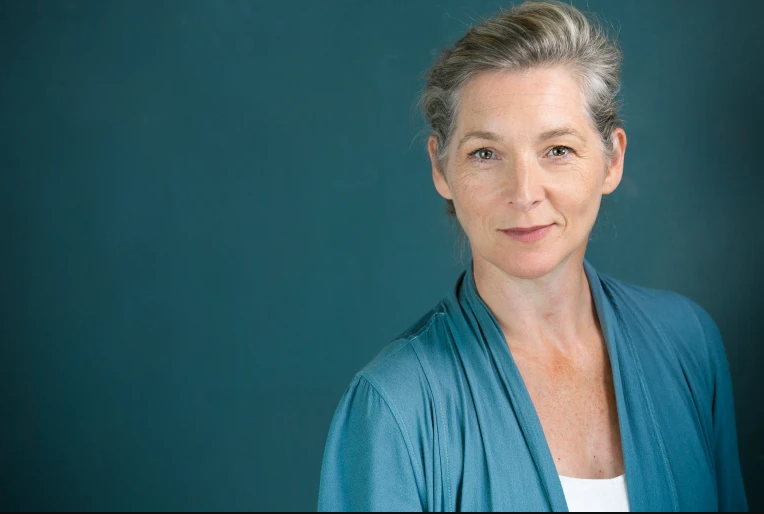
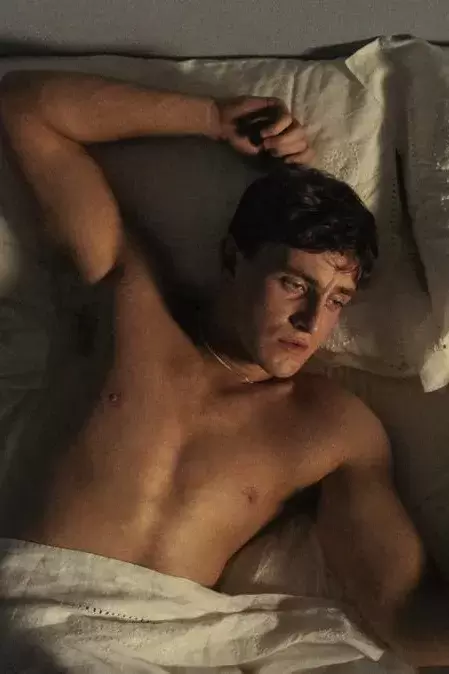








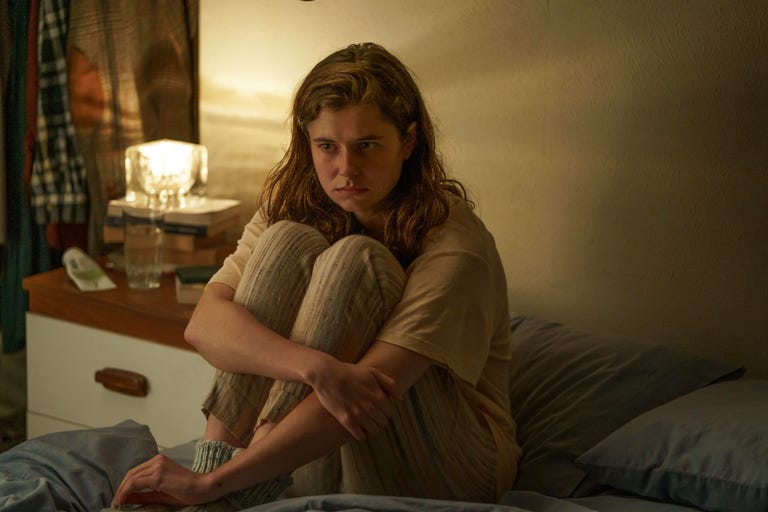




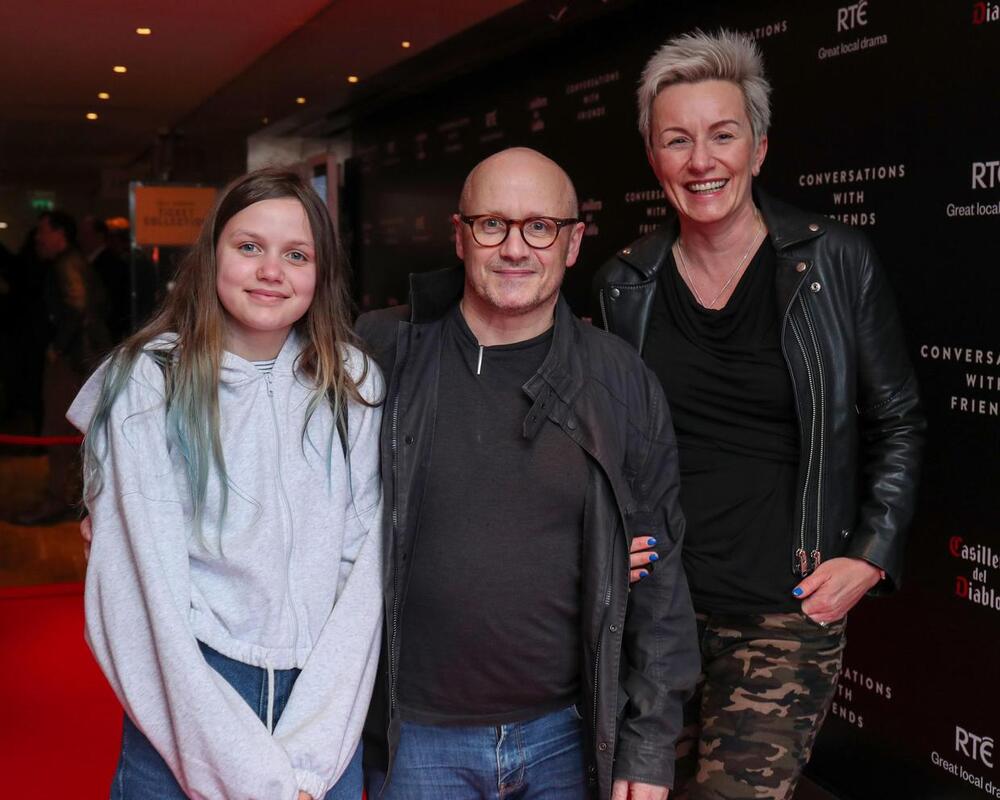
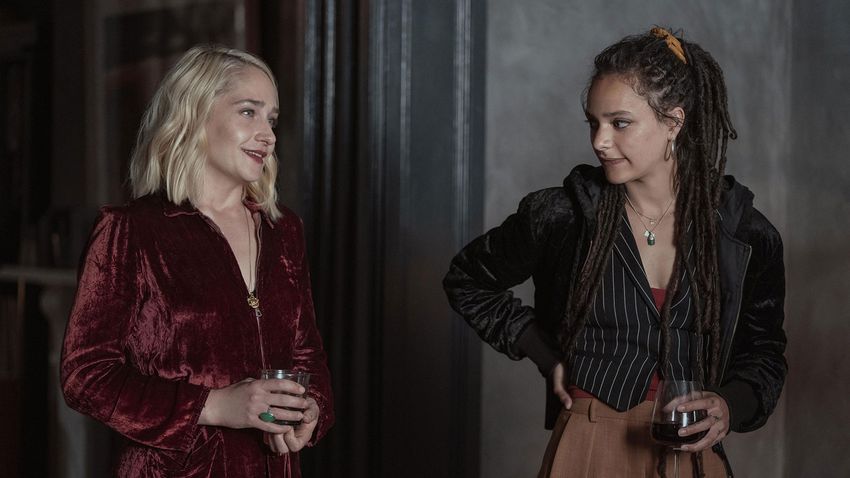







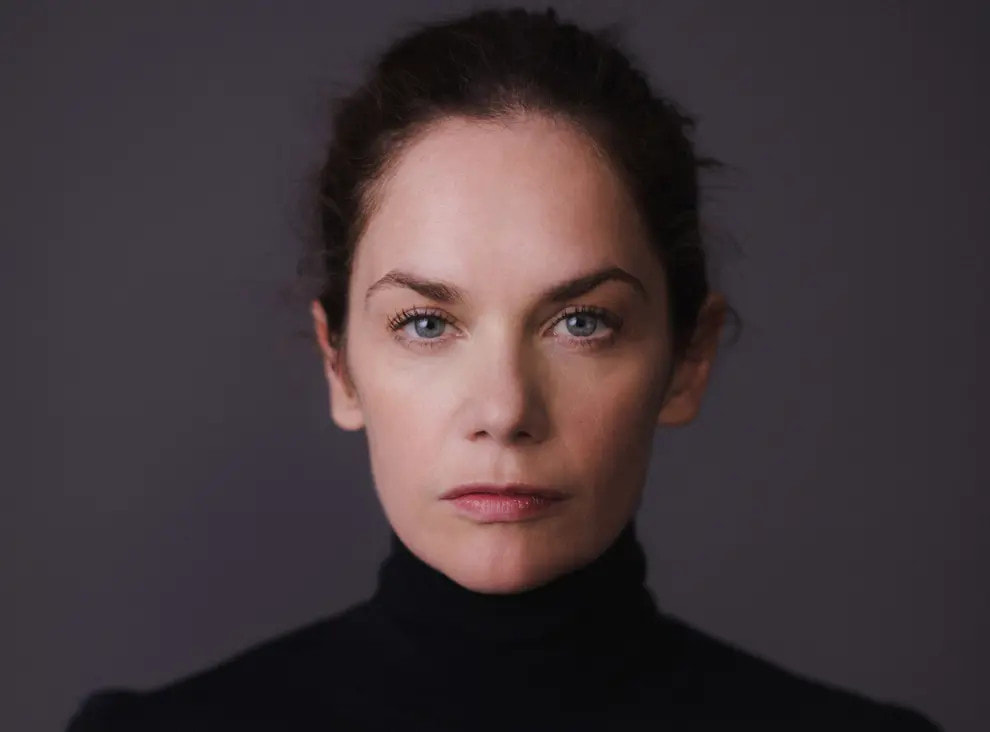
 RSS Feed
RSS Feed
